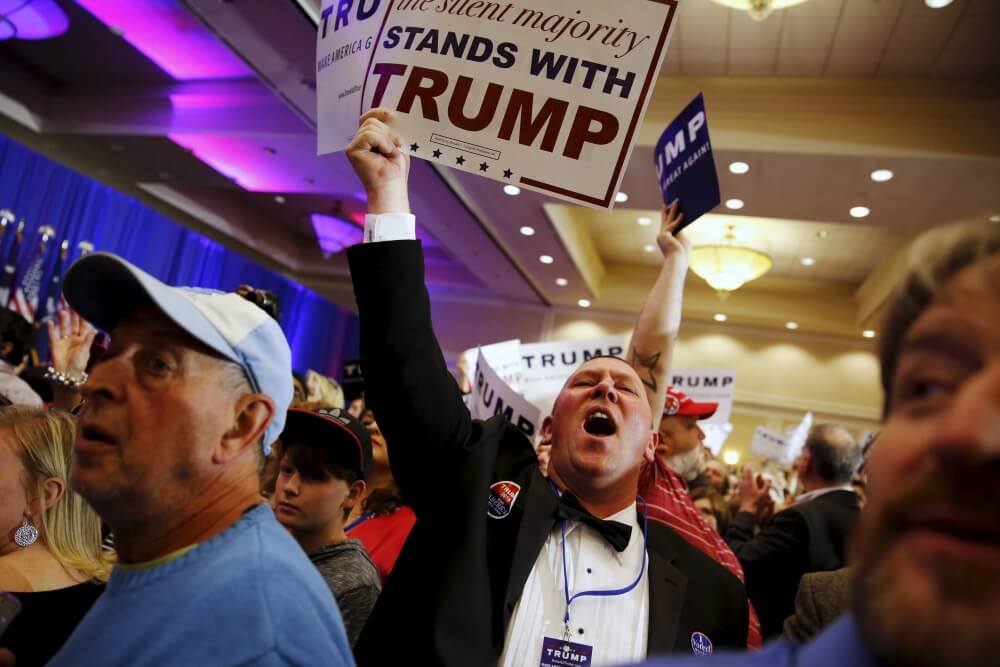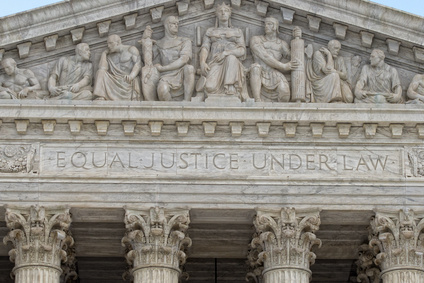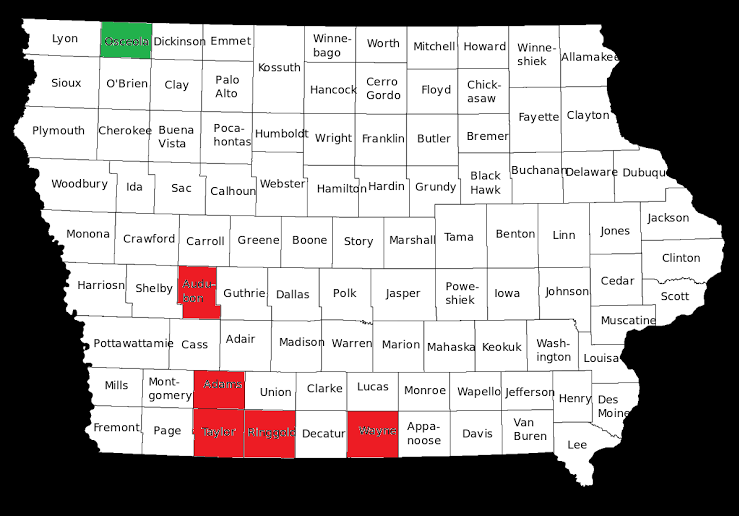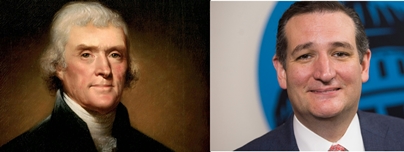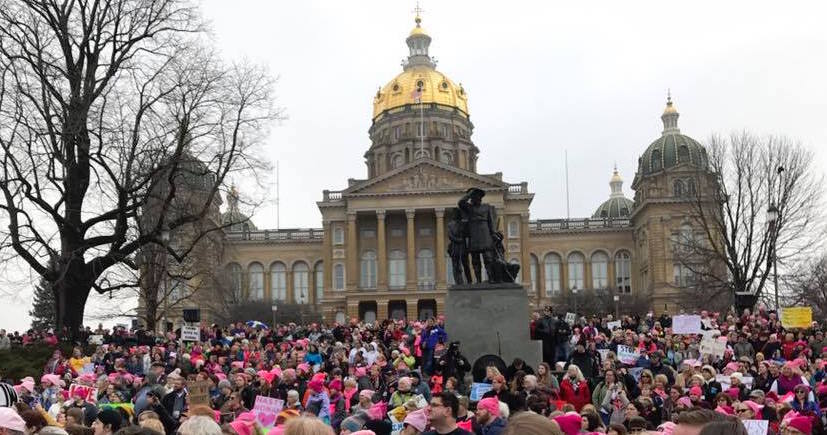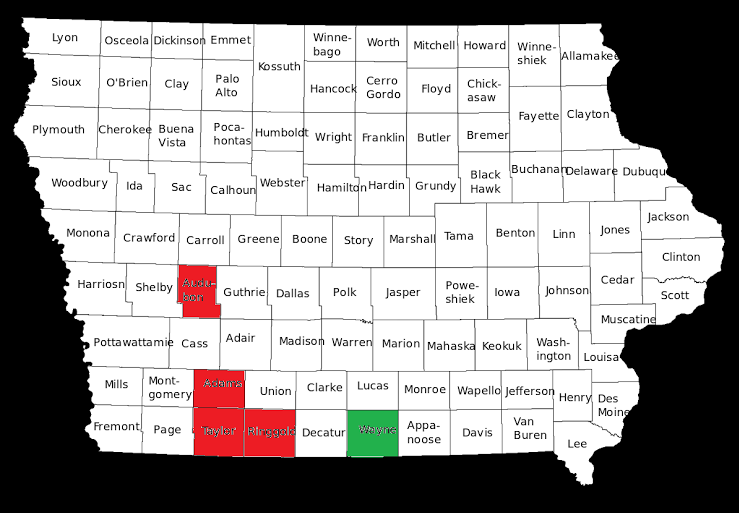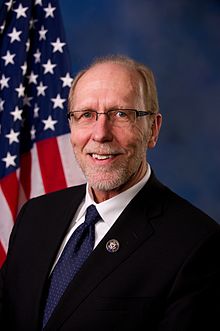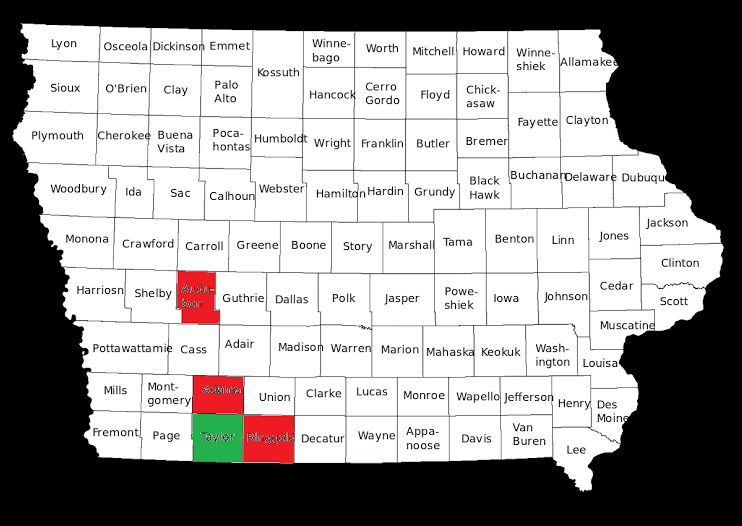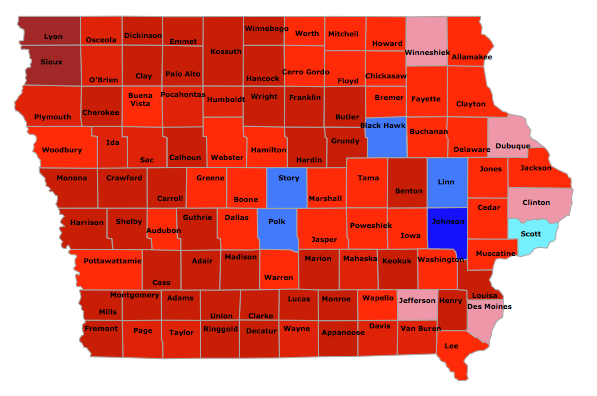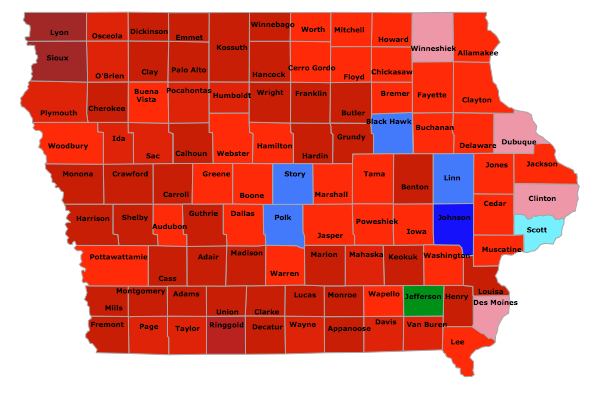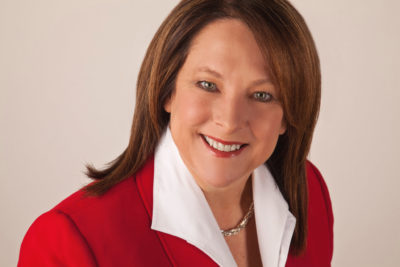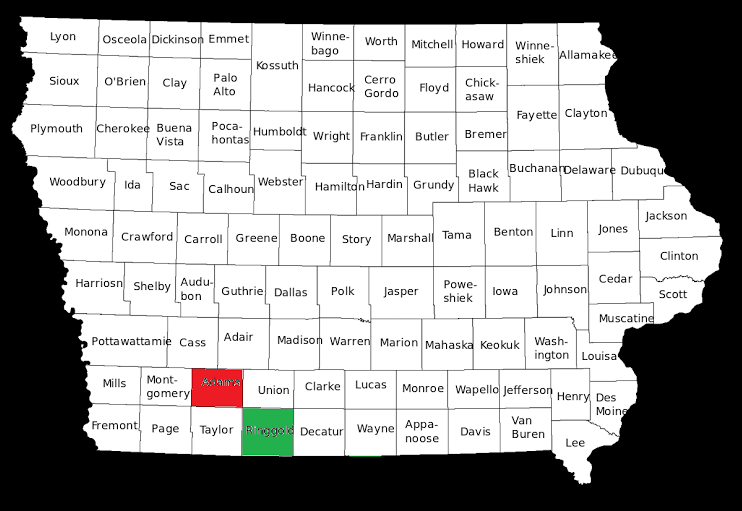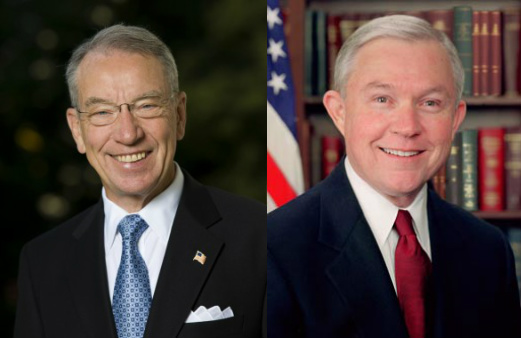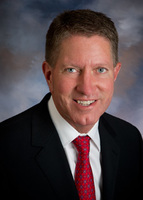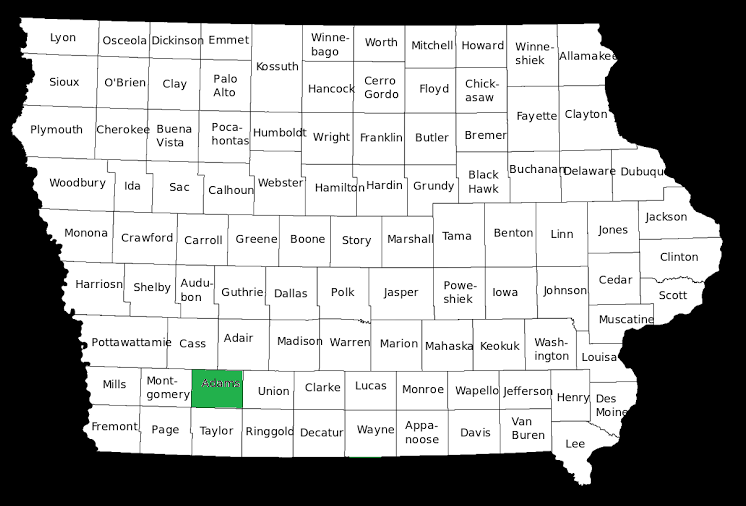An Iowa State University graduate student shares impressions from a January 31 lecture by Ta-Nehisi Coates, “A Deeper Black: Race in America.” -promoted by desmoinesdem
I would like to start this article by admitting that I have not read all the works of Ta-Nehisi Coates. I have read several of his articles in The Atlantic, for which he is a national correspondent. Most recently, his article from The Atlantic, “My President was Black,” is an amazing read that will make you angry at what racism has done to politics in America but in the end leave you with even more love and appreciation in your heart for President Obama. Coates has also authored two books, The Beautiful Struggle (2008), and Between the World and Me (2015), which debuted at #1 on the New York Times Bestseller list. He also happens to be the author of the new Black Panther series from Marvel!
Despite my somewhat limited exposure to his works, I have known Coates as an avid advocate in the fight against racism as well as for his instrumental voice in sharing his experiences and thoughts as a Black American, and am thus a fan. Coates speaks his mind when it comes to politics in a fierce and refreshing way, and his visit to Iowa State University as a guest lecturer following a tumultuous first week of political chaos was invigorating.






